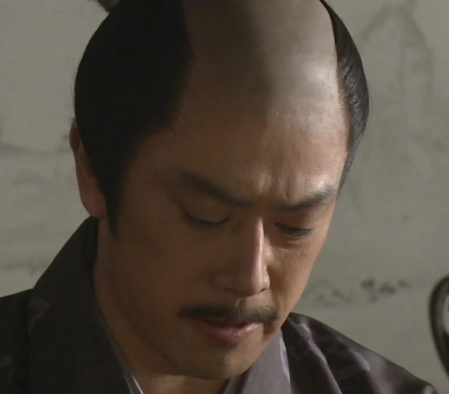In the ancient history of China, political struggles were often full of variables and uncertainties. During the period of Emperor Ai of the Han Dynasty, Wang Mang's power gradually grew and ultimately usurped the throne of the Han Dynasty. However, at the beginning of Wang Mang's rise, Emperor Ai of the Han Dynasty had the opportunity to contain his power, but failed to succeed. This article will explore why Emperor Ai of the Han Dynasty missed the opportunity to eliminate Wang Mang.

I. The Relationship between Emperor Ai of the Han Dynasty and Wang Mang
When Liu Xin, Emperor Ai of the Han Dynasty, ascended the throne, the court had already been controlled by the Wang family, a related family. Wang Mang, as a member of the Wang family, did not initially show excessive ambition. He appeared before Emperor Ai of the Han Dynasty with a humble and loyal image, gradually gaining the trust of the emperor. Emperor Ai of the Han Dynasty failed to timely discern Wang Mang's true intentions, which laid the groundwork for his eventual loss of power.
II. The Early Stage of Power Struggle
As time progressed, Wang Mang began to gradually expand his power base. He installed his own trusted advisors in the court, excluded opponents, and gradually formed a powerful political group. Emperor Ai of the Han Dynasty was aware of Wang Mang's threat, but due to his lack of political experience and being restrained by other members of the Wang family, he failed to take effective measures to weaken Wang Mang's power.
III. Constraints of Internal and External Factors
When Emperor Ai of the Han Dynasty attempted to restrict Wang Mang, he faced both internal and external pressures. Internally, other members of the Wang family had a significant influence on Emperor Ai of the Han Dynasty's decisions, making it difficult for the emperor to exercise power freely. Externally, wars on the border and civil unrest consumed a lot of Emperor Ai of the Han Dynasty's energy and resources. These factors worked together to limit Emperor Ai of the Han Dynasty's ability to take action against Wang Mang.
IV. Conclusion
The wheel of history has rolled forward and cannot be turned back. Emperor Ai of the Han Dynasty's failure in the struggle against Wang Mang ultimately led to the usurpation of the throne by the Wang family. This historical event reminds us that in political struggles, leaders need to possess keen insight and decisive action. At the same time, it also reflects the fragility of the political system of the Han Dynasty and the harm of related family interference in politics. By reflecting on this period of history, we can better understand the complexity of power struggles and the importance of maintaining national stability.
Disclaimer: The above content is sourced from the internet and the copyright belongs to the original author. If there is any infringement of your original copyright, please inform us and we will delete the relevant content as soon as possible.































